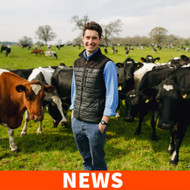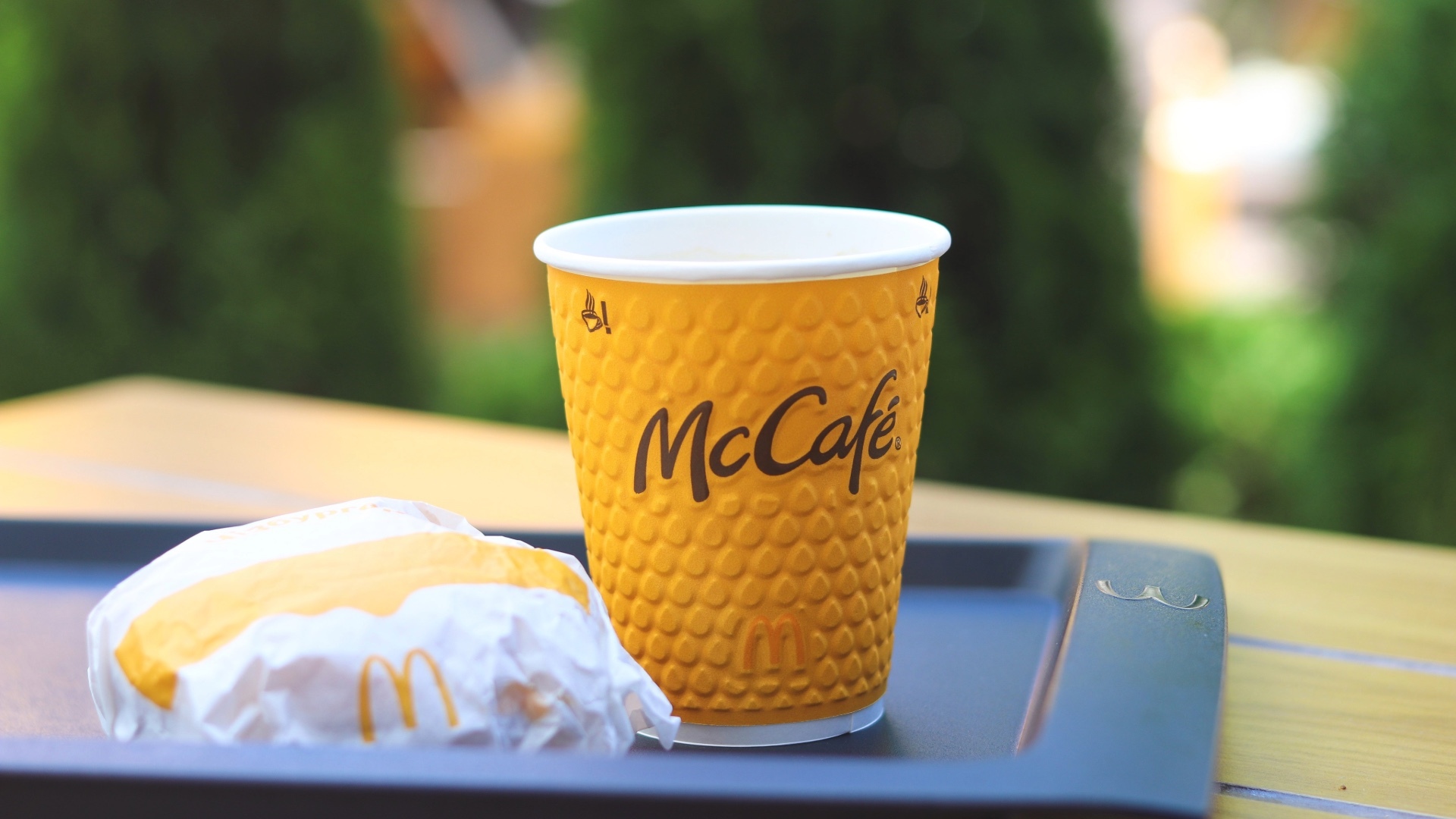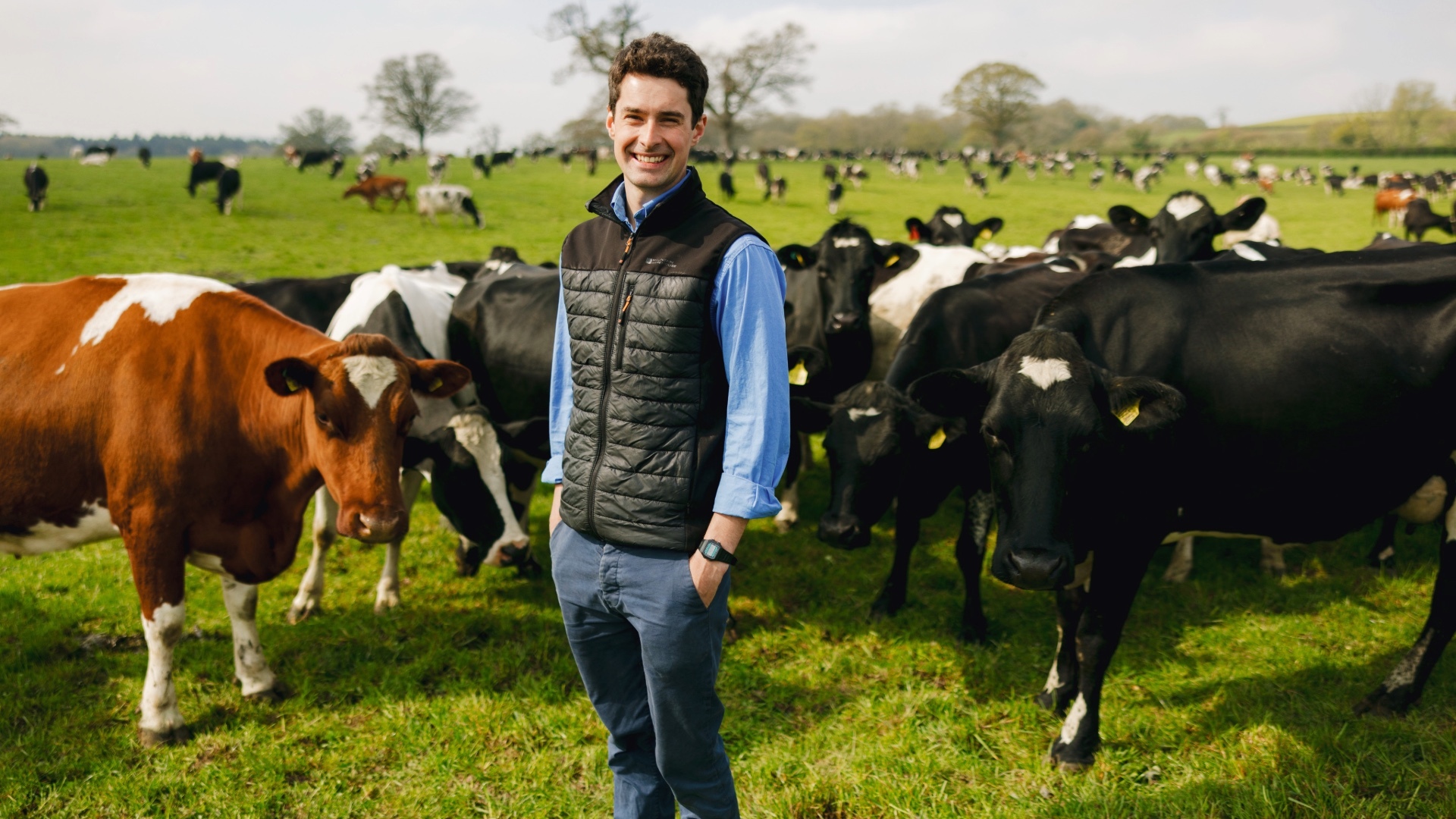McDonald’s and Arla forge a greener future for British dairy farming
Posted by Emma on 1st Nov 2025 Reading Time:
In a significant move for the British dairy sector, McDonald’s UK and Arla Foods have expanded their long-standing partnership to deliver a new wave of sustainability across the nation’s farms. The initiative, which will touch around 60 organic dairy farms, focuses on restoring biodiversity, enhancing soil health, and reducing carbon emissions—key challenges facing modern agriculture.
A Partnership Rooted in Progress
The collaboration builds upon a relationship dating back to 1987, when Arla first began supplying organic milk to McDonald’s restaurants across the UK. Now, through Arla’s FarmAhead™ Customer Partnership programme, the two giants aim to accelerate practical, measurable improvements in environmental performance.
Central to this initiative is ReNature, a biodiversity project designed to assess and improve the state of nature on farms. Findings will be shared across Arla’s wider milk pool, offering a blueprint for sustainable dairy production on a national scale.
Beyond the Buzzwords: Real Investment in Nature
McDonald’s commitment extends well beyond words. The company has already invested close to £1 million in Arla’s Organic Dairy Network, supporting regenerative agriculture and funding on-farm innovation. The aim is not only to meet environmental targets but also to secure a resilient future for the UK’s rural economy.
For Arla, whose 2,500 British farmer owners supply milk across its brands, the partnership represents a powerful alignment between corporate ambition and grassroots change.
“Through our long-term relationship, McDonald’s and Arla share a vision to reduce emissions while championing nature and biodiversity,” said Paul Dover, UK Agricultural Director at Arla Foods. “It’s a testament to McDonald’s commitment to working alongside farmers to support a resilient food system built on innovation and sustainability.”
Farmers at the Heart of Change
At the farm level, this partnership is more than policy—it’s about empowerment.
Organic dairy farmer Will Tizzard, who supplies both companies, praised the move:
“We’ve seen first-hand how focusing on soil health and biodiversity strengthens our herds and our businesses. Partnering with McDonald’s through the FarmAhead programme and the ReNature project means we can measure what’s working and keep improving.”
His remarks echo a growing sentiment among British farmers who see biodiversity and sustainability not as burdens, but as essential to long-term productivity and animal welfare.
A Wider Ripple Effect Across the Industry
This initiative sits within McDonald’s Plan for Change strategy, which underpins its Farm Forward programme supporting over 29,000 British and Irish farmers. It also complements Arla’s science-based targets, particularly on Scope 3 emissions, which focus on reducing environmental impact throughout the supply chain.
The collaboration aligns with the broader Dairy Roadmap, a UK-wide alliance bringing farmers, processors, and retailers together to advance sustainability and transparency in the sector. As the foodservice industry faces increasing scrutiny over its environmental footprint, such partnerships signal a move towards shared accountability and measurable impact.
Building a Resilient, Nature-Led Food System
For the hospitality and foodservice sectors, McDonald’s and Arla’s renewed commitment offers both a challenge and an opportunity. The message is clear: sustainability is no longer a marketing slogan but a business imperative.
By investing directly in farms and sharing the results across the supply chain, the partnership demonstrates how major brands can catalyse transformation—turning environmental responsibility into competitive strength.
As Ellie Wotherspoon, McDonald’s Agriculture and Sustainable Sourcing Manager, put it:
“Without British dairy farming, we wouldn’t be able to provide our customers with the delicious organic milk they enjoy in our teas, coffees and Happy Meal bottles. By joining the FarmAhead partnership, we’re shining a spotlight on nature within the dairy industry and supporting the great work already happening on farms across the country.”
For farmers, it means tangible support to improve biodiversity and soil resilience. For consumers, it represents a future where sustainability and quality go hand in hand.






